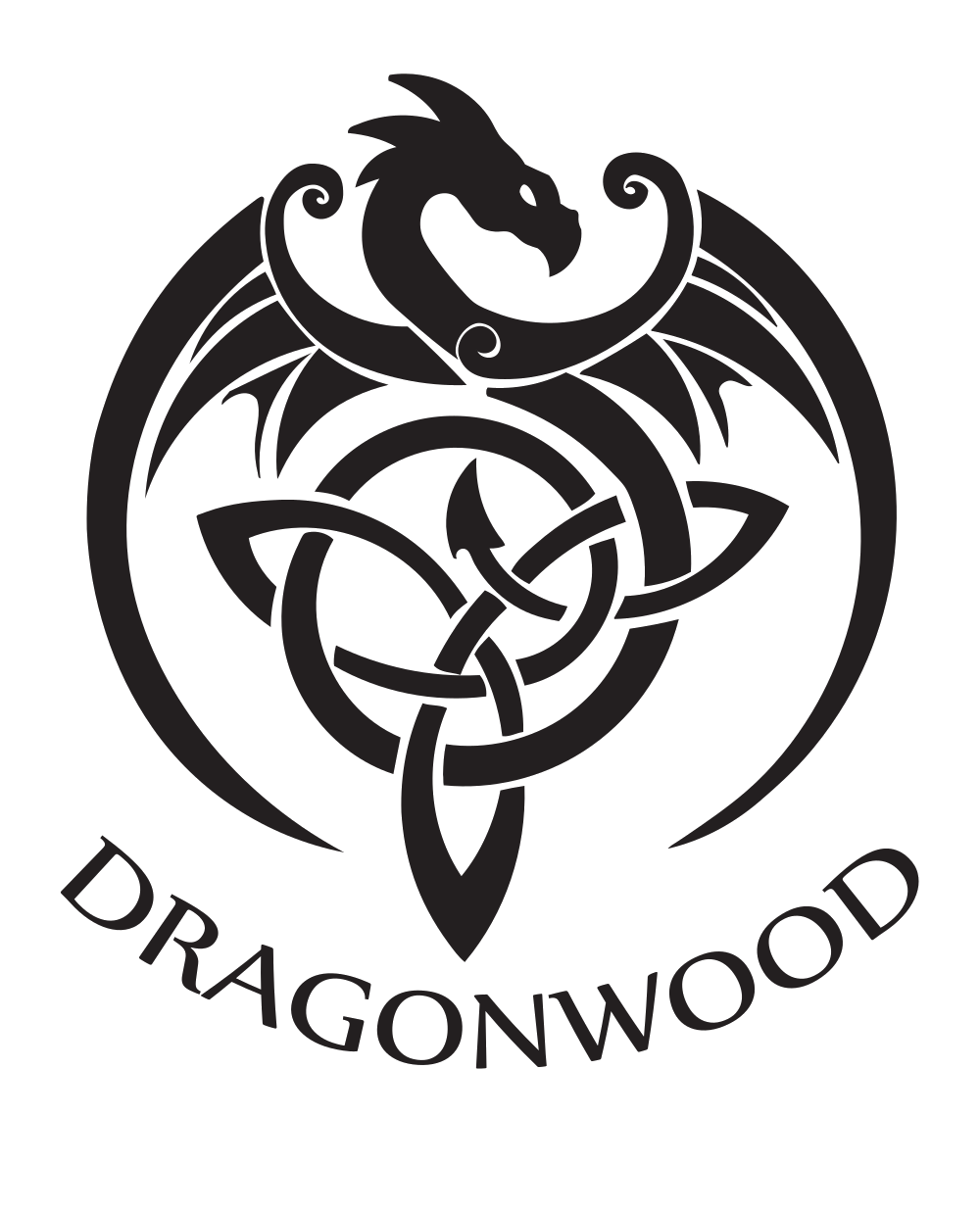Dragonwood?
No matter the story being told, dragons are strong, to the point of being OP; wielding weapons and power greater than any person could think possible. Dragons, as big as they are, are not able to be found when they don’t want to be, yet they are unavoidable when they show up. They are super-intelligent, have extraordinarily long lifespans, get whatever they set as their goal, and are not able to be tamed by humans. Dragons are magical and other-worldly, yet they still live and move within our world.
There is More to It
In Revelation 12,
the dragon in question is not just an animal that we don’t know exactly what it may be, as in the rest of Scripture,* but instead it is referred to as,
‘the dragon’. This dragon and his angels fight a war against
Michael and his angels. And there is the key: dragons are angels.
Angels are God’s
warriors. When they show up, mere humans fall down.
Because we can’t stand in their presence, we are prone to worship
them – but they won’t accept our worship. Yes, the original
language calls them “messengers”, but a courier service is only
one manner in which they serve God. They also fight.
In fact, modern
translations refer to them as “Angel Armies”. This is where the
KJV makes them more fluffy and tame by saying, “heavenly hosts”.
That term doesn’t resonate with me, as angels wield great power. When
they show up, they frequently are bringing the fight with them, along
with their message. Angels are guardians and protectors. They watch
over individuals and even nations.
When the angel showed up to the mother of Samson, she described him as, “terrifying to see”. When asked his name, the reply came back, “Why do you ask my name? … It is too wonderful for you to understand.” The guess is, as this was ‘the angel of the Lord’, he might very well be the pre-incarnate Christ. Nonetheless, he is still identified as an angel.
Precious Moments, They are Not
And yet, as I think
of ‘angels’, maybe it’s my modern sensibilities, but the
emotional response I have regarding that term is tame, if not impotent.
Think of all the people on the insta-webs who throw up cute little
pictures of fluffy clouds with words over them that say trite things.
I don’t mind Precious Moments, but that’s not how Scripture
describes these warriors.
And so, when I think that if an angel were to make himself known to today’s audience, we might say angel, yes. But we might also say dragon.
And so: Dragonwood
And that is where
Dragonwood takes on particular meaning. Dragonwood was watched over
by our Lord. He sent His angels to care for these 16-1/2 acres –
He created Shelli and I, and He set us apart – He did the same for this wood in this corner of Tennessee. Although there is clear
evidence that logging happened here, there has never been any
construction. Although there was a clearing that happened here once
upon a time, presumably to build something upon, nothing came of it. Once
we arrived, the work was hard, the obstacles were real, but progress
has been steady. God continues to watch over this place.
This plot of land was protected. By God and His angels. And He wove us into the story. For His purposes. For missionaries and ministry workers.
* Throughout the Bible, dragons are consistently referred to, although we don't know exactly what they are. The King James Version is
practically littered with dragons, compared to the more
understandable translations. Apparently the ESV thinks dragons are
instead jackals, in Jeremiah. The ASB refers to the dragons instead
as serpents, in Deuteronomy. The NLT refers to dragons as sea
monsters, in the Psalms. While the NASB thinks dragons are more
generically monsters, in Ezekiel. Maybe modern English just doesn’t
have a good equivalent, and the KJV was on to something.
The prophet Nehemiah
identified "The Dragon’s Well" by name. That’s pretty cool.

